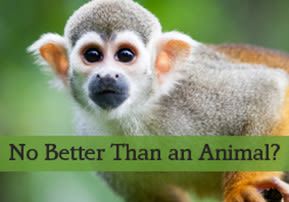
No Better Than an Animal?
King Solomon tells us that we're no better than an animal; how can he say something like that? Are we no more than sacks of recycled fertilizer?

King Solomon, the wisest of all men, tells us that man is no better than any other animal (see Ecclesiastes 3:19). Rashi explains that both end up dying and both have bodies which will eventually decompose in the soul.
Is that all we are, disposable recycled sacks of fertilizer? It sounds like pretty stiff language that King Solomon and Rashi are using.
What’s more, our daily liturgy reminds us of this gloomy fact every morning, first thing in our preliminary morning prayers. Is this the way to start a day?
Before we get upset, let’s take a closer look. King Solomon and Rashi are referring to a flesh-and-blood 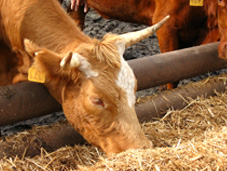 body; in that respect, we are truly just another mammal. But the Midrash tells us that the mammal is only half of us – the material half. We have another side that’s known as the neshama – the soul – our spiritual half.
body; in that respect, we are truly just another mammal. But the Midrash tells us that the mammal is only half of us – the material half. We have another side that’s known as the neshama – the soul – our spiritual half.
The more are lives focus on the material, the more we resemble an animal. The more are lives focus on the spiritual, the more we resemble an archangel.
Let’s not give animals a bad rap: they eat, drink, and procreate. They also live positive, productive lives, providing society with meat, milk, wool, leather, and fur. Many types of animals serve as means of labor, transportation, and recreation. Dogs fulfill important functions, such as aiding blind people, serving in police and army units, and participating in rescue missions.
A human who simply eats, drinks, and procreates, despite the fact that he or she has a productive job and utilizes leisure time for sports or other positive recreational activities, is still no better than a horse. Horses eat, drink, and procreate, do productive tasks on farms and cattle ranches, and serve as a source of recreational enjoyment to their owners. So, is a person superior to a horse?
A person void of spiritual ambition – a thirst for truth and a yearning for self-realization – is no better than a horse. A horse, like a human, has a basic animal soul. The divine spirit and soul, which God instills in a human, is the sole point of human superiority over the animal.
When humans utilize their divine spirit and soul to rise above base inclinations, to seek The Almighty, and to behave in a godly fashion, they begin to fulfill their real purpose in life. But, when people misuse or neglect their divine spirit and soul, they are inferior to an animal.
An unblemished soul – one who refrains from transgressing and does God’s will on a daily basis – possesses a Divine aura which is reflected by the eyes and the forehead, and casts fear on all of creation, even on man-eating animals.
God blessed Noah after the flood and said (Genesis 9:2), “I have instilled the fear of you in the animals on land, in the birds in the sky, in the creatures on earth, and in the fish in the sea.” When people sin, or when they do nothing to develop their spiritual self, their divine soul tarnishes. A tarnished soul lacks the power to generate the holy aura of divine light. Animals and other creatures have no fear of a human devoid of the Divine aura.
The divine soul is a part of God within us, the spiritual platform that elevates a human above the level of an animal. If the soul is misused or uncultivated, then the human loses his spiritual advantage over the animal.
Imagine that a custodian of a hospital enters the operating room, and takes one of the brain surgeon’s fine sterile scalpels for peeling an apple. If caught in the act, such a custodian would surely lose his job. Using an expensive precision instrument for such a mundane task is not only a terrible waste – it’s a severe degradation.
By the same token, reducing the soul from its lofty spiritual level to the grade of a mere battery cell that triggers basic emotions and bodily functions is a bitter insult. The degraded soul cries out bitterly before God, “I can’t live within a human animal.” In turn, the person with the abused soul soon experiences some form of abuse – derision, insult, or embarrassment.
As far as Geula and Mashiach go, we’re coming down to the wire. It’s time we took stock in ourselves and begin pursuing our true destiny. Anyone with a human soul seeking to get close to G-d is not just another piece of meat.
Now we can understand why our holy Rebbe Nachman of blessed and saintly memory emphasized the importance personal holiness and overcoming bodily lust of all types. He wants us to be not only human, but loyal servants of Hashem who uplift themselves far beyond the realm of an animal. Unfortunately, most of the modern world refuses to see the writing on the wall. The closer we get to the arrival of Mashiach, the more spiritual the world is becoming.
Our heads belong in a Gemara, not in a feed trough.







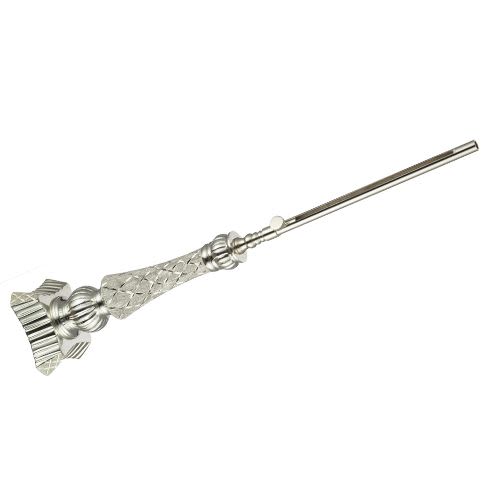
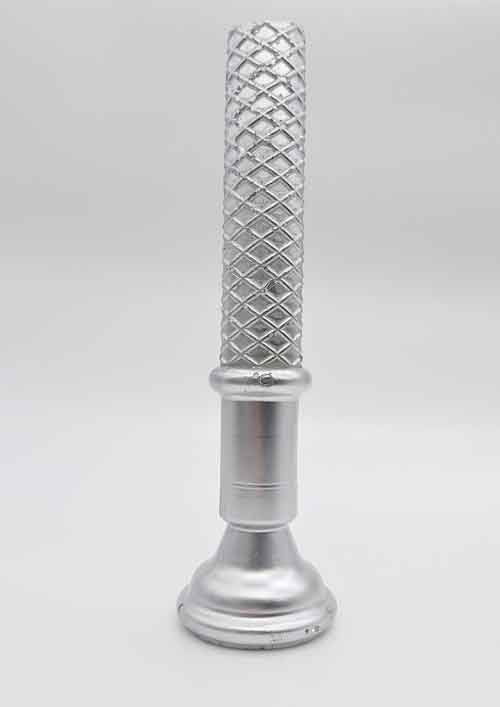
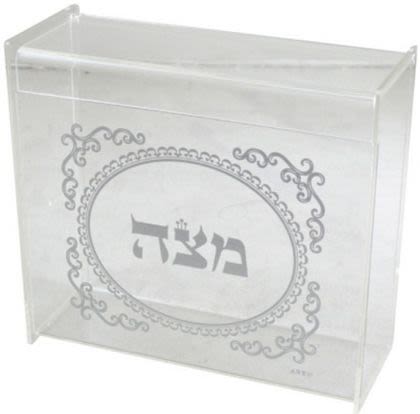

Tell us what you think!
Thank you for your comment!
It will be published after approval by the Editor.